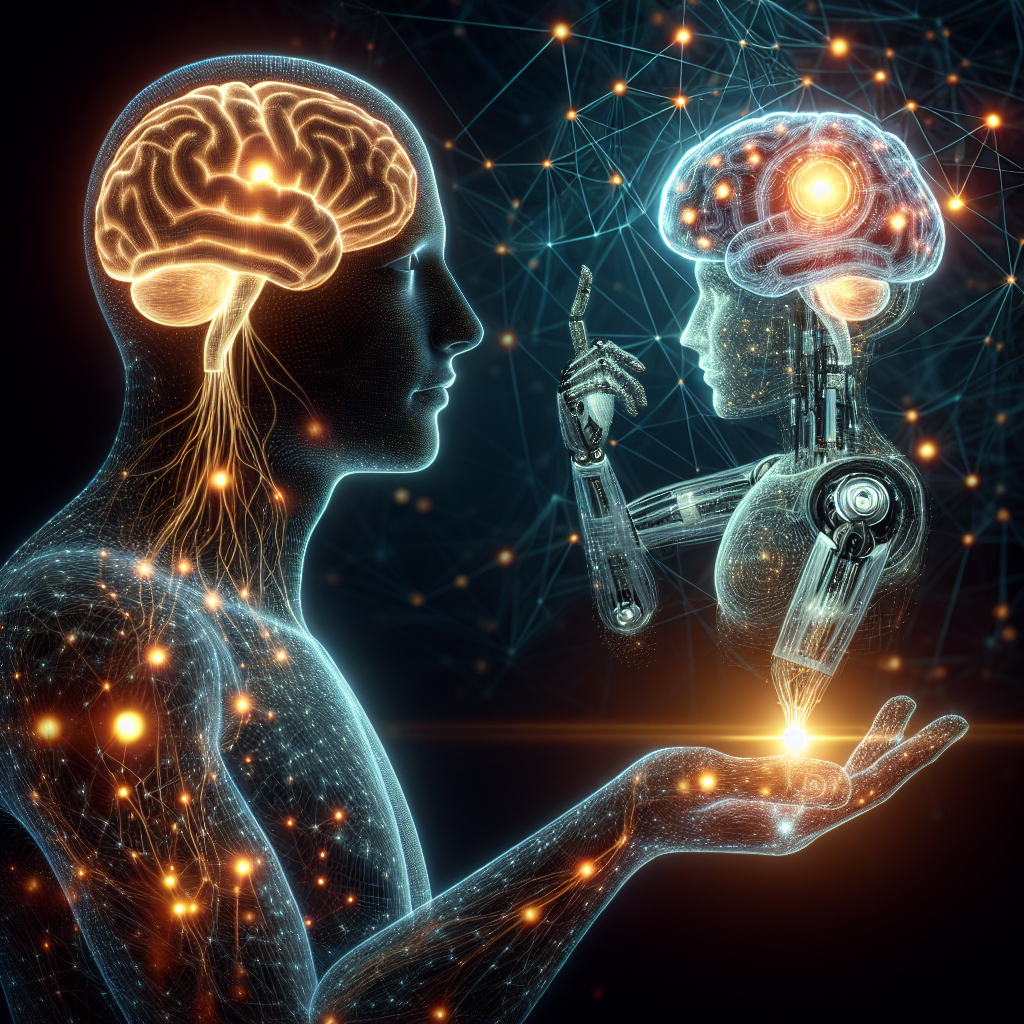Artificial General Intelligence (AGI) is a topic that has fascinated researchers and scientists for decades. The idea of creating a machine that can think and reason like a human being has been the subject of countless books, movies, and debates. But can AGI truly surpass human cognitive abilities? In this article, we will explore the current state of AGI research, the challenges that lie ahead, and the potential implications of creating a machine that is smarter than us.
What is Artificial General Intelligence (AGI)?
Artificial General Intelligence, also known as Strong AI, is the concept of a machine that possesses the ability to understand and learn any intellectual task that a human can. Unlike narrow AI, which is designed for specific tasks like playing chess or recognizing faces, AGI is intended to be as versatile and adaptable as the human mind.
The ultimate goal of AGI research is to create a machine that can think, reason, and problem-solve in a way that is indistinguishable from human intelligence. This would require the machine to have the ability to understand complex concepts, learn from experience, and adapt to new situations – all traits that are currently unique to human beings.
Can AGI surpass human cognitive abilities?
The question of whether AGI can surpass human cognitive abilities is a complex and contentious one. On the one hand, some researchers believe that it is only a matter of time before we create a machine that is smarter than us. They argue that advances in technology, such as neural networks and deep learning algorithms, are bringing us closer to achieving AGI than ever before.
On the other hand, many experts are skeptical that AGI will ever truly surpass human intelligence. They point out that the human brain is a remarkably complex and adaptable organ, capable of processing vast amounts of information and making split-second decisions in ways that are still not fully understood. Creating a machine that can replicate these capabilities is a daunting challenge, and one that may be beyond our current technological capabilities.
Challenges in achieving AGI
There are several key challenges that researchers face in their quest to create AGI. One of the biggest hurdles is the sheer complexity of the human brain. Our brains are made up of billions of interconnected neurons, each of which communicates with thousands of other neurons through a network of synapses. Replicating this level of complexity in a machine is a daunting task, and one that has so far eluded researchers.
Another challenge is the lack of a unified theory of intelligence. While we have made great strides in understanding how the brain works, we still do not have a complete understanding of how intelligence emerges from the interactions of neurons. Without a clear understanding of the underlying principles of intelligence, it is difficult to know how to design a machine that can replicate it.
Ethical implications of AGI
The creation of AGI raises a host of ethical and philosophical questions. If we were to create a machine that is smarter than us, what would be the implications for society? Would we be able to control such a powerful entity, or would it pose a threat to our way of life?
There are also questions about the rights and responsibilities of AGI. If a machine were to achieve human-level intelligence, would it be entitled to the same rights and protections as a human being? Would we be morally obligated to treat it as a conscious entity, or would it be considered nothing more than a tool?
These are questions that researchers and policymakers will need to grapple with as AGI research progresses. The potential implications of creating a machine that is smarter than us are vast and far-reaching, and it is essential that we consider them carefully before proceeding.
FAQs
Q: How close are we to achieving AGI?
A: While significant progress has been made in the field of AI in recent years, we are still a long way from achieving true AGI. Creating a machine that can think and reason like a human being is a complex and challenging task, and one that may take many more years of research to accomplish.
Q: What are the potential benefits of AGI?
A: The potential benefits of AGI are vast and varied. A machine that is smarter than us could help us solve some of the most pressing challenges facing humanity, such as climate change, disease, and poverty. AGI could also revolutionize fields such as healthcare, transportation, and education, leading to a more prosperous and equitable society.
Q: What are the potential risks of AGI?
A: The potential risks of AGI are equally significant. A machine that is smarter than us could pose a threat to our way of life, potentially leading to job displacement, economic instability, and even existential risks. There are also concerns about the potential misuse of AGI, such as the development of autonomous weapons systems or surveillance technologies.
Q: How can we ensure that AGI is developed responsibly?
A: Ensuring that AGI is developed responsibly will require collaboration between researchers, policymakers, and the public. It is essential that we have open and transparent discussions about the potential implications of AGI, and that we work together to establish ethical guidelines and regulations to govern its development and use.
In conclusion, the question of whether AGI can surpass human cognitive abilities is a complex and contentious one. While significant progress has been made in the field of AI in recent years, we are still a long way from achieving true AGI. Creating a machine that is smarter than us is a daunting challenge, and one that raises a host of ethical, philosophical, and practical questions. As researchers continue to push the boundaries of AI research, it is essential that we consider the potential implications of creating a machine that is smarter than us and work together to ensure that AGI is developed responsibly.

